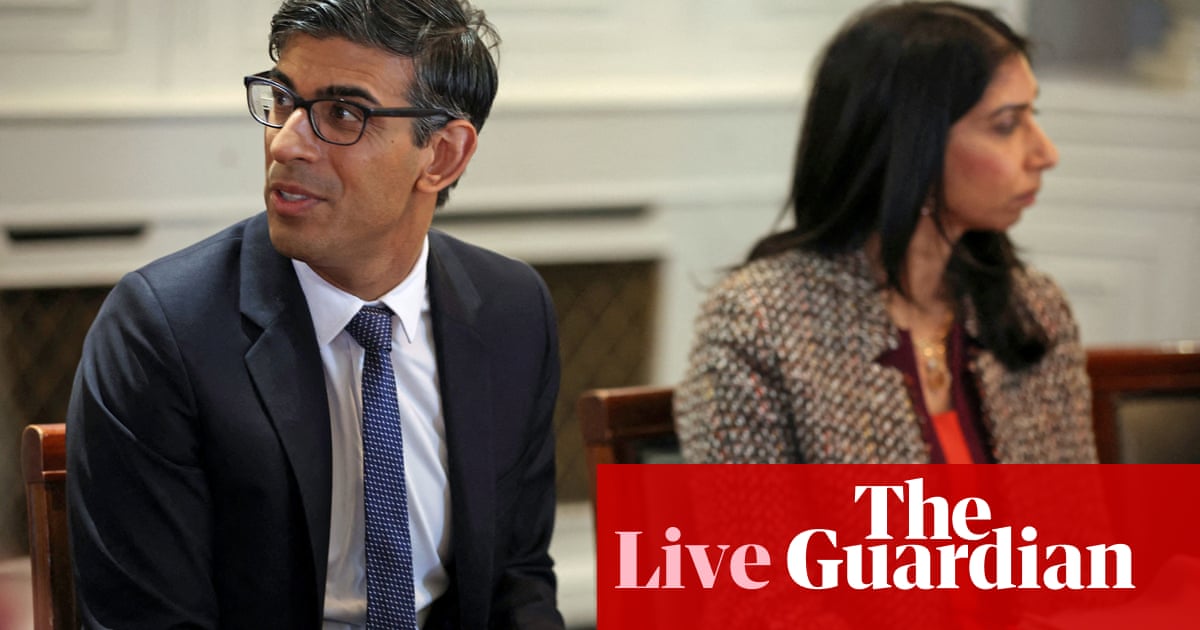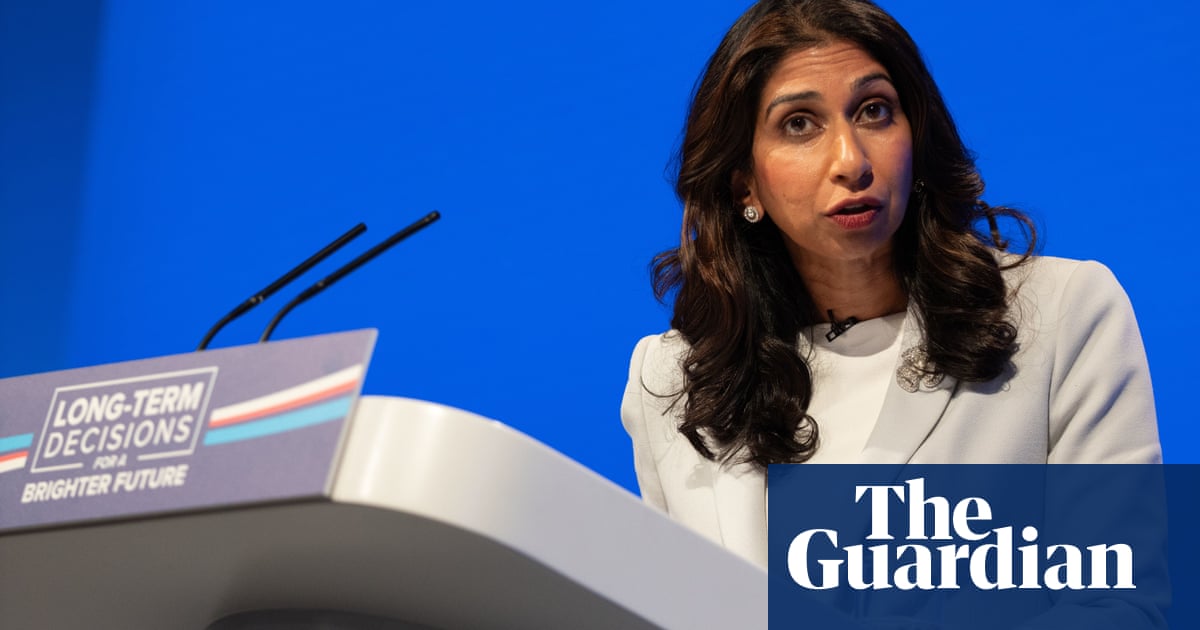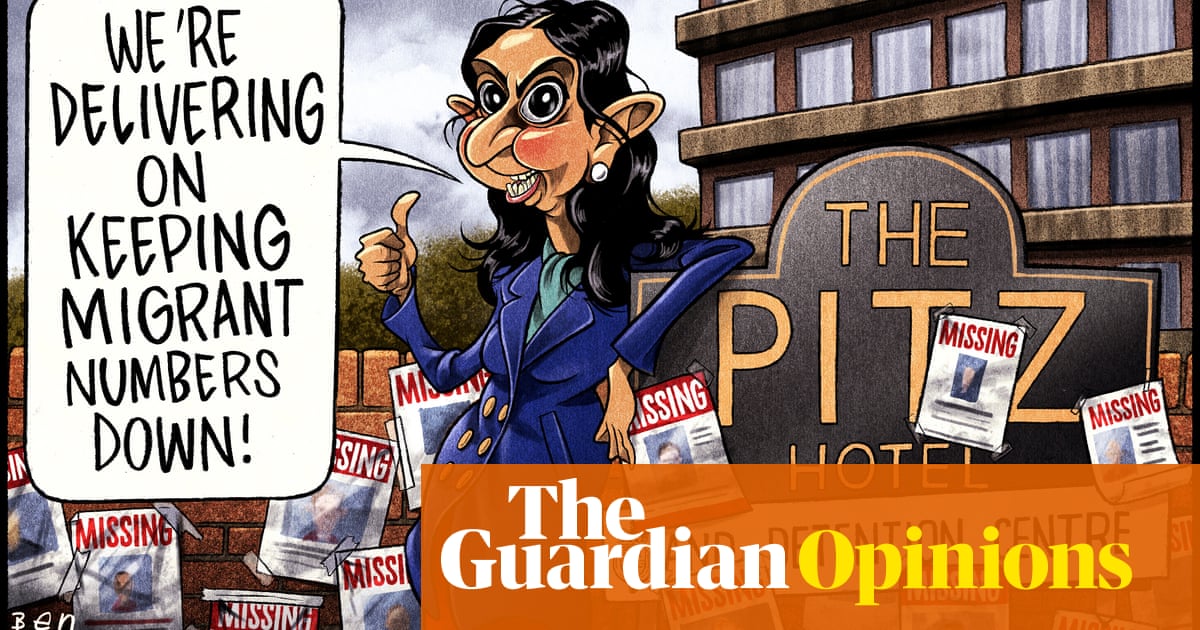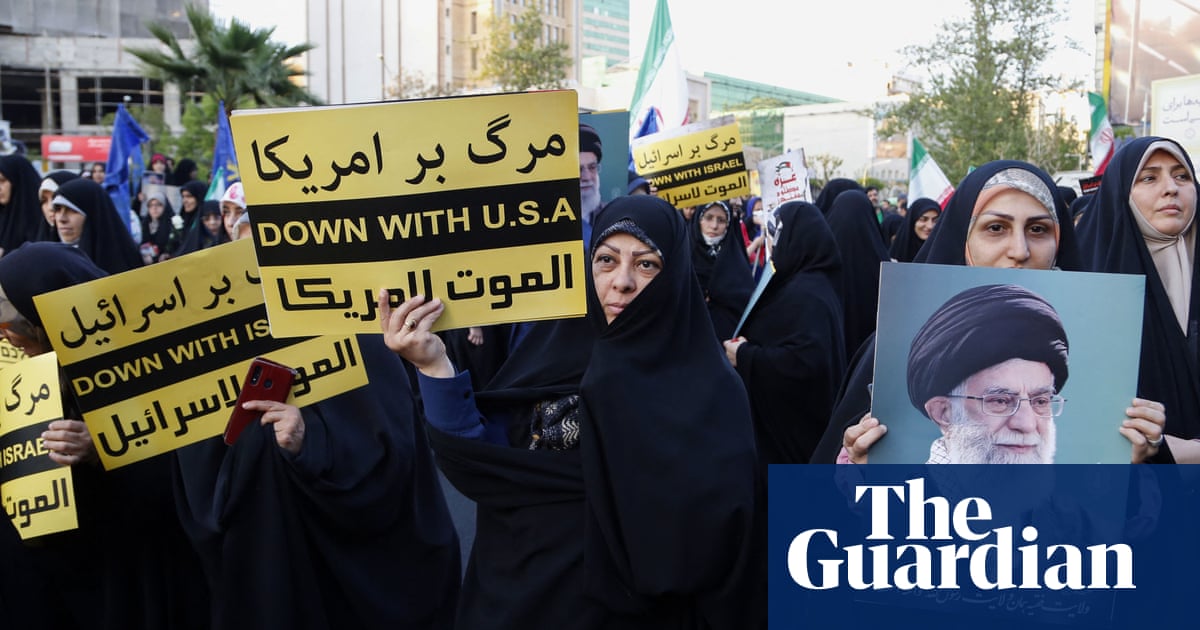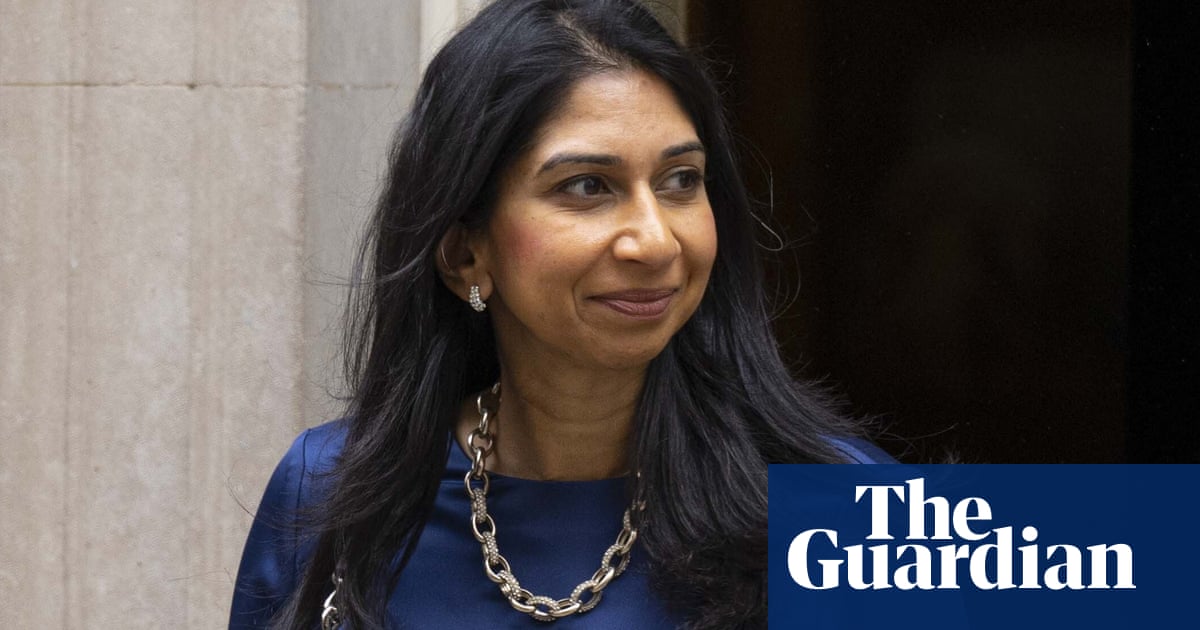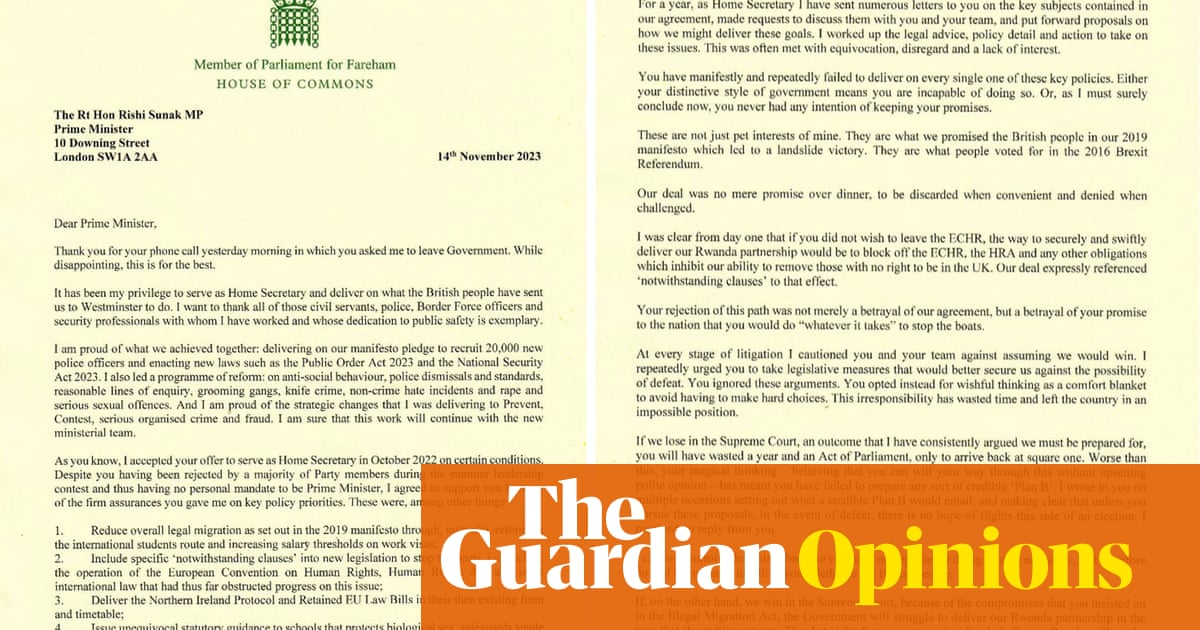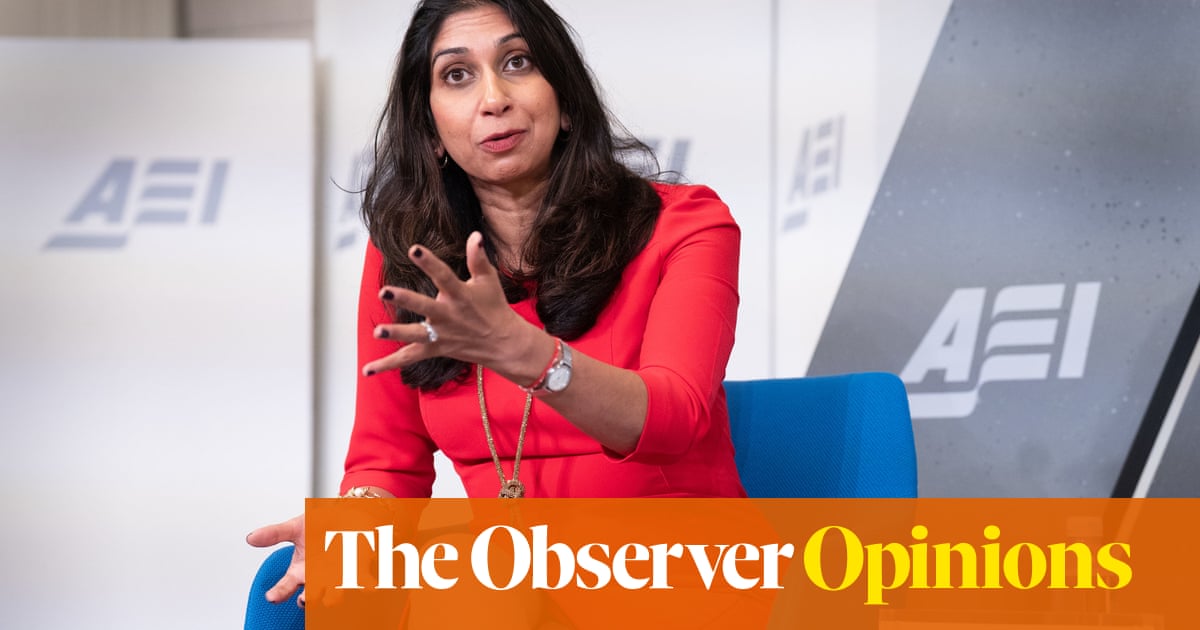
‘Has multiculturalism failed?” It is a debate that raged a decade ago but had seemed to have faded into the political background in recent years. Until, that is, the home secretary, Suella Braverman, attempted to light the fires again, in a speech she gave last week to the American Enterprise Institute in Washington DC. Multiculturalism, she argued, “has failed because it allowed people to come to our society and live parallel lives in it”.
Her real audience, as many commentators observed, were not the people sitting in the room but the Conservative party back home. Braverman did not engage seriously with any of the issues she raised, from asylum to multiculturalism, but sought rather to position herself as the right’s flagbearer in any upcoming Tory leadership battle.
Nevertheless, Braverman’s speech, and the debate it unleashed, provides an opportunity to think again about multiculturalism. Part of the difficulty in making sense of this debate is that the term is used in two distinct ways: a description both of the lived experience of diversity and of the policies necessary to manage such a society.
The experience of living in a society that is less homogenous and insular, more open and cosmopolitan, is something to welcome and cherish. As a political process, however, multiculturalism means something very different: a set of policies and practices, the aim of which is to manage diversity by putting people into ethnic and cultural boxes, and using those boxes to define people’s needs and obligations.
The conflation of lived experience and political policy has proved highly invidious. It has allowed many on the right – and not just on the right – to blame mass immigration for the failures of social policy and to turn minorities into the problem. It has also led many liberals and radicals to become more detached from classical notions of liberty, such as free speech, in the name of defending diversity.
All these issues, from immigration to free speech, are central to contemporary politics, but the context has changed as the old debates about multiculturalism have shifted. Partly, this is because multiculturalism, in both its meanings, is more embedded in our social fabric.
Britain has become more welcoming of diversity – 72% of Britons think that “having a wide variety of backgrounds and cultures is part of British culture”; three-quarters are comfortable with mixed-race relationships. From the labour market to policing, racism still disfigures many lives. Nevertheless, minorities flourish in a way that would have been unimaginable half a century ago. From this perspective, diversity in Britain has worked, and worked better than in most European nations.
At the same time, barriers between communities have solidified as policies have encouraged people to view themselves through an identitarian lens. From the clashes between Hindus and Muslims in Leicester to the Peckham shop incident, which were turned into a racial conflict between black people and Asians, the conception of Britain as a “community of communities”, in the words of the influential Parekh report on multiculturalism published in 2000, has helped entrench communal divisions and racialise social tensions.
And then there are cases such as the Batley school row, in which a teacher was suspended after protests for showing pupils an image of Muhammad from the French satirical magazine Charlie Hebdo during a religious studies class. He was cleared by an independent panel, but three years on is apparently still in hiding because of death threats. Or incidents such as Muslim parents protesting against the inclusion of gay relationships in school sex and relationship education lessons.
Such controversies show how social frictions can become transformed into communal conflicts within a “community of communities” setting and how the policing of “offence” has become a means of strengthening community boundaries. They also reveal the way multicultural policies shape relations not just between communities but within them, too. Too often, minority communities are viewed as homogenous wholes, and certain individuals or institutions are given, or appropriate for themselves, the role of “gatekeepers”, defining what is acceptable to say to, or about, that community. It is a process that frequently silences the voices of those with less power – women, gay people, young people, non-believers. It is one of the reasons that so many flashpoints over “offence” have featured the work of minority writers and artists, from Salman Rushdie to Gurpreet Kaur Bhatti, from Monica Ali to MF Husain.
At the same time, the ambiguity in the meaning of multiculturalism has been exploited by the right. The problems of racialisation and division created by policies that seek to manage diversity have been translated into hostility to immigration and to diversity itself. In her Washington speech, Braverman included France as a nation revealing the harms of “multiculturalism”. Given that France is hostile to the very idea of multiculturalism, insisting instead on assimilationist policies, Braverman was signallinghere that by “multiculturalism” she was referring not to particular policies, but simply to the fact of a diverse nation.
Many rightwing critics excoriate the “tribalism” of multiculturalism and of identity politics. Few, though, are more invested in such politics. From the bemoaning of Europeans “losing their homeland” to the charge that white Britons are “surrendering [their] territory” to alarm about London becoming a “minority white” city, rightwing critics of immigration and multiculturalism often revel in the very kinds of social division they claim to despise.
We should have no truck with such critiques that seek to rebrand racism. That should not stop us, though, from being critical of multicultural policies that entrap diversity and create communal frictions.
When we talk of diversity, what we mean is that the world is a messy place, full of difference and disagreement. That messiness is the stuff of political and cultural engagement, allowing us to expand our horizons, engage with different values, beliefs and lifestyles, and through such engagement to work our way to a richer understanding of the world, and to a more universal language of belonging.
In seeking to put people into ethnic, cultural and faith boxes, and to police the boundaries of those boxes, multiculturalism as a political process undermines much of what is valuable about diversity as lived experience. The fact that rightwing critiques of multiculturalism are often laced with bigotry should not obscure the problems with multicultural policies themselves.
Kenan Malik is an Observer columnist




